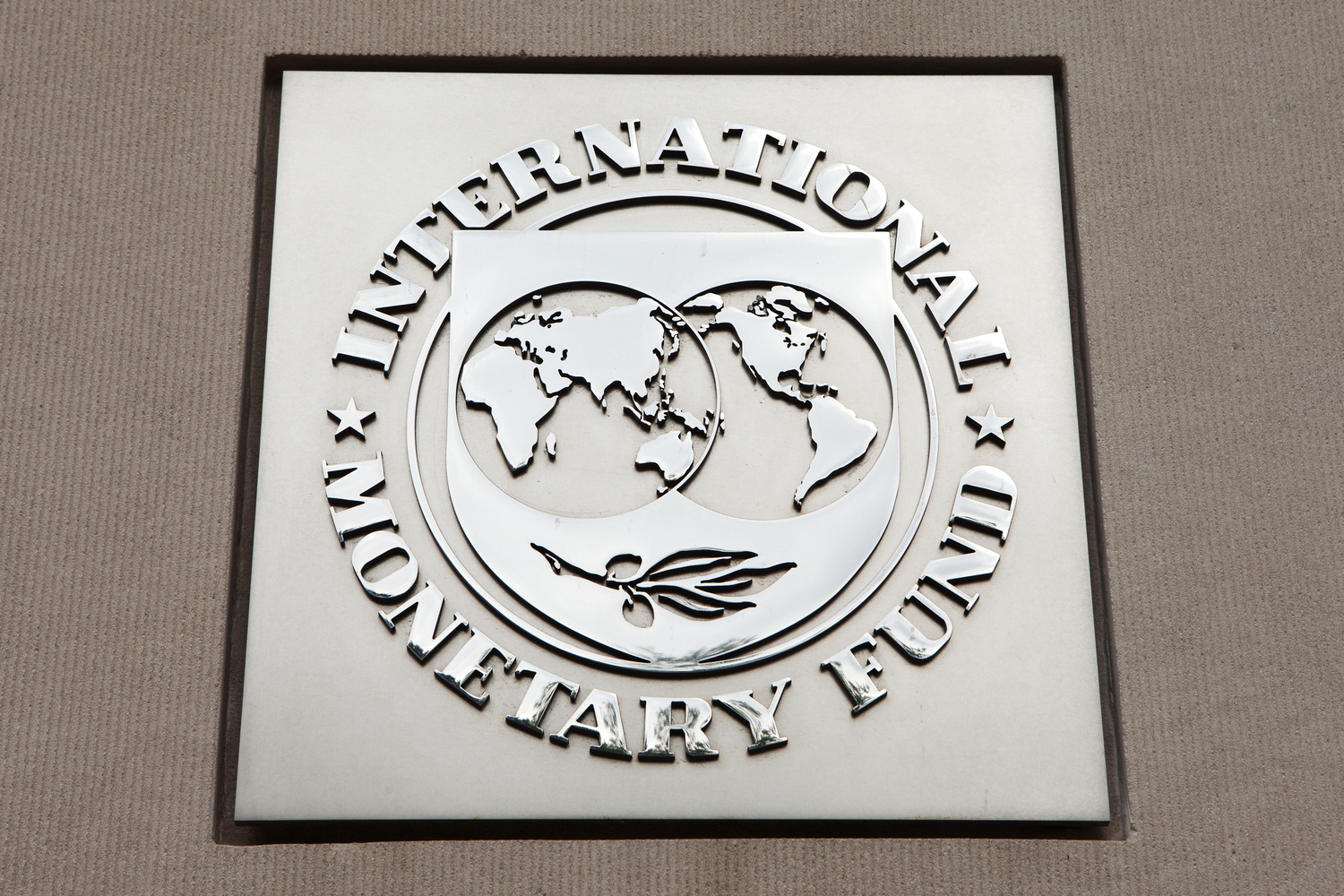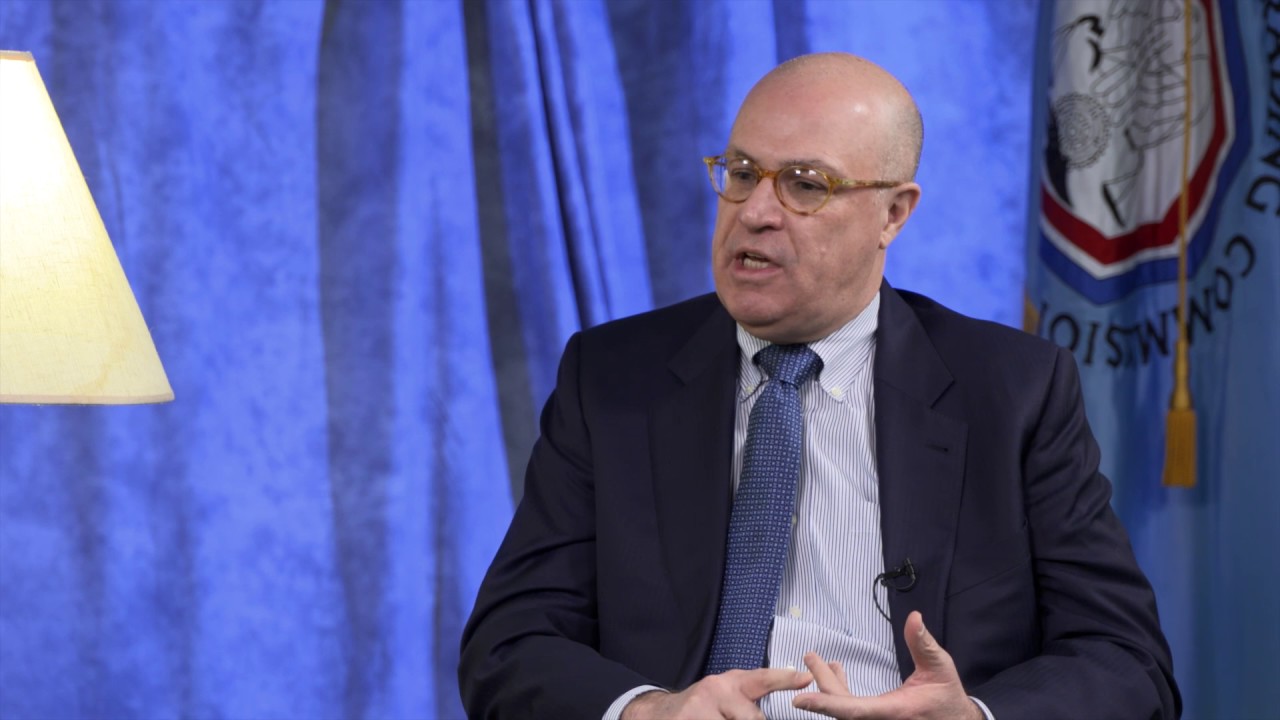Blockchain Bites: OCC’s Crypto Letter, Eth 2.0’s ‘Official’ Testnet and Dinwiddie’s Tokenized Airball
1908 photograph of a vault door (Cleveland Trust Company, modified by CoinDesk using PhotoMosh)
Blockchain Bites: OCC’s Crypto Letter, Eth 2.0’s ‘Official’ Testnet and Dinwiddie’s Tokenized Airball
The OCC will allow banks to custody crypto, Visa has a digital currency playbook and a digital dollar is essential to America’s economic edge, said experts at a U.S. Senate hearing.
You’re reading Blockchain Bites, the daily roundup of the most pivotal stories in blockchain and crypto news, and why they’re significant. You can subscribe to this and all of CoinDesk’s newsletters here.
Top shelf
Digital Dollar Hegemony
The U.S. Senate Banking, Housing and Urban Affairs Subcommittee on Economic Policy conducted a hearing on “Winning the Economic Competition” between China and the U.S. on Wednesday where crypto was cited as a possible tool to maintain U.S. economic supremacy. “This could be interpreted as crypto’s increasing acceptance as a mainstream idea,” CoinDesk’s Nikhilesh De says. Former CFTC Chair Christopher Giancarlo once again called for the U.S. conduct pilot programs using a tokenized dollar. “We have to assume that as the nature of finance changes, the nature of currencies change, we have to stay at the leading edge,” Walter Russell Mead, the James Clarke Chace Professor of Foreign Affairs and Humanities at Bard College and a member of the Hudson Institute, said.
‘The Future of Money’
Visa outlined a digital currency playbook Wednesday, showing its commitment to digital currency’s place in “the future of money.” Already a crypto bridge for tens of millions of merchants, Visa cast its digital currency partnerships as critical to preserving what it said was six decades of innovation. “Extending this legacy into the decades ahead requires continuous innovation and collaboration with” the public and private sector, it said.
Near the Net?
Brooklyn Nets guard Spencer Dinwiddie’s plan to tokenize part of his $34 million NBA contract fell short of its $13.5 million target. Dinwiddie’s issuer SD26 LLC sold just nine of the 90 available tokenized contract shares, priced at $150,000, to eight total investors as of Wednesday, according to CoinDesk’s review of Form D regulatory filings and the security’s token’s issuance history on Etherscan. Project insiders have previously said the sale would last only until the end of July. It now appears to be closed out for good. Dinwiddie first proposed tokenizing his three-year contract in September 2019, which was initially met with fierce opposition from the NBA.
Ant’s Assets
Ant Group claims its clients are uploading an average of 100 million digital assets to its distributed ledger every day, making it the largest operating blockchain in China. The Alibaba-affiliate company made the claim in a release Thursday that announced Ant Blockchain was rebranding to AntChain. An Ant spokesperson later told CoinDesk these were mostly transaction records, as well as copyright and property ownership certificates. Ant Group said this week it was planning an IPO on the Shanghai and Hong Kong stock exchanges at a rumored $200 billion valuation.
Compromised Accounts
The attackers who compromised Twitter in a massive breach last week may have accessed direct messages from up to 36 accounts, including CoinDesk’s, according to an announcement late Wednesday. Twitter said it has completed its review of the 130 accounts targeted by the hack, which garnered $120,000 through a crypto giveaway scam. The attackers were not able to see previous passwords, but were able to access email addresses, phone numbers and possible “additional information,” the update said. CoinDesk has yet to regain access to its primary account.
Quick bites
- Apple’s co-founder Steve Wozniak sued YouTube over Bitcoin giveaway scams using his likeness
- BitGo is staking Tezzies
- Winklesvoss-owned Gemini will custody .crypto domains names
- Veritaseum accuses T-Mobile of gross negligence over $8.6 million SIM-swap hack
- The U.S. House passed two blockchain amendments in an annual defense budget bill
The big idea
A change is in the air. In a letter yesterday, the Office of the Comptroller of the Currency (OCC) announced all nationally chartered banks in the U.S. will be able to provide custody services for cryptocurrencies.
This marks a major turning point for the crypto industry, long reliant on specialist custodians, typically licensed through states, to offer services to large investors. But it also signals a changing attitude in the nature of money.
“The OCC recognizes that, as the financial markets become increasingly technological, there will likely be increasing need for banks and other service providers to leverage new technology and innovative ways to provide traditional services on behalf of customers,” the letter said.
Brian Brooks, a former Coinbase exec who joined the OCC as Acting Comptroller earlier this year, is just one of a number of crypto-friendly regulators in high positions. U.S. Securities and Exchange Commission (SEC) Chairman Jay Clayton is likely to become the next U.S. Attorney for the Southern District of New York, while ‘Crypto Mom’ Hester Peirce has been tapped for a second term as an SEC commissioner.
It’s not out of the question for more crypto-forward legislation or administrative actions to follow this year.
Still, the growing governmental acceptance of crypto comes with costs. Banks custodying digital assets will have to conform to local laws and follow “sound risk management practices,” the OCC letter states, placing these assets under watchful eyes.
Whether this is antithetical to crypto’s original ethos, or may stifle breakneck development is an open question. But it’s worth asking what “being your own bank” means.
Market intel
‘Risk On’
Bitcoin jumped above $9,500 on Wednesday, ending a four-week-long low-volatility squeeze. CoinDesk’s Omkar Godbole said market sentiment is poised for a further rise to the psychologically important $10,000 price level. In particular, a “risk-on” mood in traditional markets – seen by five-month highs in global stocks and near-term lows for the U.S. dollar, a safe haven in times of crisis – supports the case for a bullish crypto market. Bitcoin has recently developed a strong correlation with traditional assets.
Tech pod
Testing, Testing
Ethereum 2.0 developers released the specifications for the “official” testnet on Wednesday, ahead of a presumed end-of-year launch. The testnet will begin August 4 and has been named “Medalla” after a Buenos Aires metro stop. In this case, “official” means the testnet is deployed by the Ethereum Foundation (EF), which will run by a decentralized group of programmers, developers and code auditors organized by fork coordinator Afri Schoedon. This is also a signpost the network’s code base is nearing launch readiness. Medalla joins multiple prior tests of Eth 2.0’s code bank on various client implementations, including Görli, Witti, Schlesi and most recently Altona.
Crypto on the Backend
Orchid VPN announced the launch of a Mac desktop app for private web browsing, which will allow users to purchase bandwidth using an Apple ID. The Ethereum-based service “marks one of the first times consumers can exchange USD for a service that runs entirely on crypto in the background,” Orchid CEO Steven “Seven” Waterhouse told CoinDesk via a spokesperson. Apple has traditionally taken an anti-crypto stance, including banning mining applications. “At minimum, Orchid’s arrangement with the Cupertino tech giant represents a slick workaround,” CoinDesk’s Zack Seward reports.
What Went Wrong
Blocknative, a company that studies blockchain mempools, issued a report that may explain the “zero-bid” attack on MakerDAO on March 12, also known as Black Thursday. The company found that an unusually high proportion of the mempool was clogged by transactions with very low gas prices, “hammering” the system with transactions never meant to go through. This opened the doors for hackers to submit “zero bids” in MakerDAO’s collateral auctions with stronger gas prices, essentially netting them collateralized ETH for $0. The attackers walked away with $8.3 million.
Opinion
Embrace the Unknowable Intelligence
Jesus Rodriguez, CEO of IntoTheBlock, thinks crypto should embrace OpenAI’s new GPT-3 language generator model, not fear it. Noting that GPT-3, which is able to respond to human prompts, does not pose consequences for crypto, it could be employed in developing new quantitative trading and on-chain analysis strategies, as well as find a home in decentralized systems. “[T]he techniques behind GPT-3 represent the biggest advancement in deep learning in the last few years and, consequently, can become incredibly relevant to the analysis of crypto-assets,” he said.
Who won #CryptoTwitter


Disclosure
The leader in blockchain news, CoinDesk is a media outlet that strives for the highest journalistic standards and abides by a strict set of editorial policies. CoinDesk is an independent operating subsidiary of Digital Currency Group, which invests in cryptocurrencies and blockchain startups.









